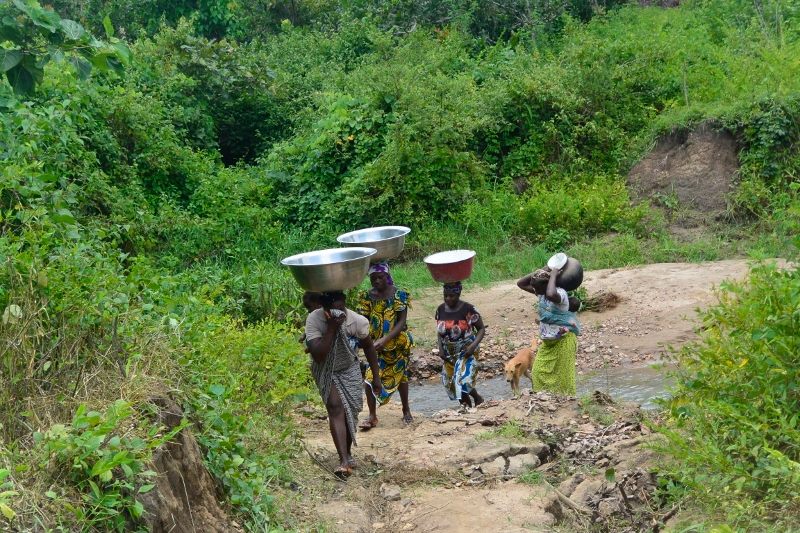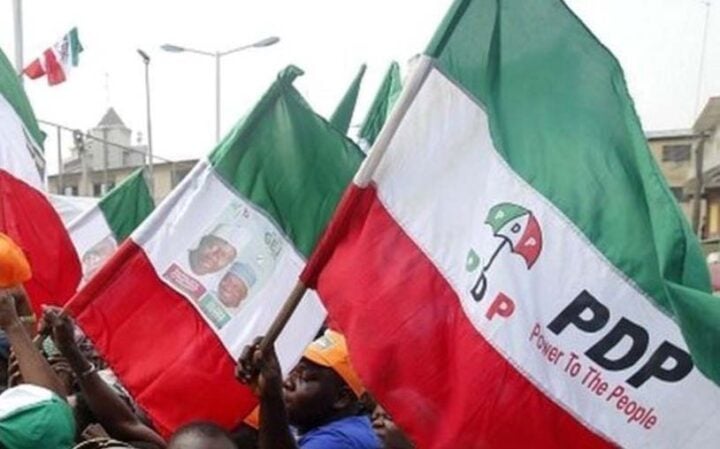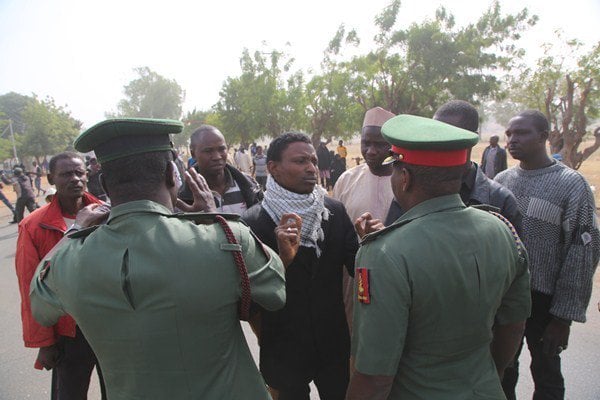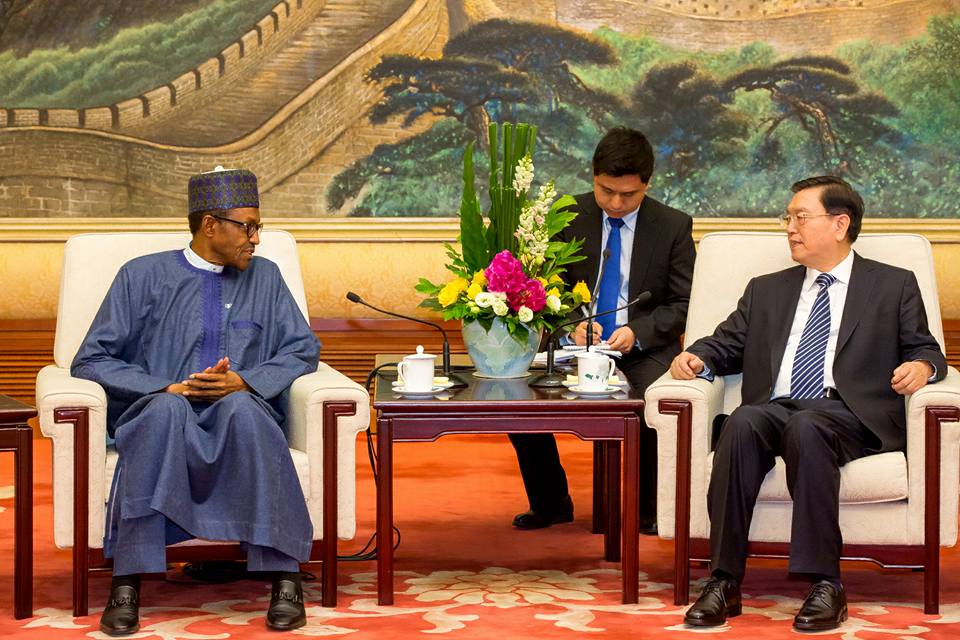“It takes me one hour to go to the stream and come back. I feel headache and back pain”, Gloria Zakar, explains the tortuous journey to get water.
She has to make the journey; there is no portable water in Kayache, a community in Kuje council area of Abuja. The only other alternative is the water from the borehole and that is where she gets her drinking water from. But with the erratic electricity supply in Nigeria, Gloria says if there is no light, she can’t get water. She will have to buy, with money that already only trickles in.
“I have three farms where I grow different crops. There is not much money; the groundnut I sell for 10,000, the beans and the millet I keep at home for our feeding,” Gloria told the organisation which focuses on urban poor women.
“The money is never enough for me because I have to buy some household things and contribute to the payment of my child’s fees. The most important thing I need money to buy is water, so that I wouldn’t have to go to the stream. I prefer to fetch water from the borehole because it is closer. It takes me 15 minutes to go and fetch from the borehole. I buy water from the borehole, N10 per gallon”.
Advertisement
In Kayache community, only women fetch water. It is cultural, hence they mostly bear the brunt of the pains of getting water.
Gloria’s story abounds in her community; women upon women complain about the long journey to water, yet nothing is done about it.
But it gets worse as the story of Salome Yusuf, a school girl in the community, shows how access, or the lack thereof, to water, also affects the education of the girl child.
Advertisement
Salome has to fetch water. It is her role as a female child.
In many homes in Nigeria, there are gendered roles. And chores are mostly assigned to women.
Salome’s education suffers as a result. She is exhausted after fetching water, gets to school really late and is punished severely for tardiness. She then attends classes in this condition and is expected to compete favourably with the boys, who have no such responsibilities.
“I am in class five. I am late for school because I do work for house, like fetch water and wash plates,” Salome says.
Advertisement
When I wake up in the morning, I go to the stream, sometimes four times, sometimes two times. The stream is far, I don’t know how many minutes it takes me to go to the stream and come back, before I go to school. When I am late for school, my teacher flogs me and tells me to do frog jump and kneel down.”
Her teacher corroborates her story. Abdulkadir Abdullahi is Salome’s teacher. He says he has complained several times about her tardiness.
“I am teaching primary five in LEA Primary School Buzunkure. In five days, three days she will be late and the two, she will cry,” he says.
Salome’s story suggests that inadequate access to water also undermines the education opportunities of children, the Media Initiative for Narrative Development (MIND) who works with women in these communities says.
Advertisement
In Bassan Jiwa, a community close to the international airport in Abuja, the story is even gorier. And like in Kayache, water-fetching is a woman’s chore.
Habibatu Abubakar speaks about her long road to water.
Advertisement
“I go four times a day. At the borehole, I pay N5 for each bucket of water. Every day, I spend N30 and sometimes N50. It (borehole) is crowded. If I go there and there are lots of people, I just wait.
With no real job except “packing sand from the stream to sell”, Habibatu is financially stretched. Her body also feels the brunt.
Advertisement
“Whenever I go to the borehole to fetch water, I feel body pains.”
And she also had to watch her son die.
Advertisement
“Whenever I go to the borehole to fetch water I feel body pains. We are not able to drink the water from the stream. So when there is no electricity to power our borehole, we have to go far away to fetch pipe borne water to drink and we have to use water from the stream to cook and wash,” she says.
“I have two children, but one is dead. A month after I gave birth to him, he started having diarrhea, and then he had a fever. I took him to Gwagwa and he died there. He was sick for one month.”
MIND says “inadequate access to water is a barrier to Nigeria’s economic development. It undercuts women’s economic opportunities and undermines their chances to escape poverty – and women constitute half of Nigeria’s population.”
The organisation also says countless women and girls are exposed to voyeurism and assaults because they lack a basic amenities.
MIND held a photo exhibition on the water situation in Kayache, it made sales and dedication revenue generated to placing a water pump in the community. Water still does not run in the homes of the women, but the pump has reduced the painfully long distance the women trek to get water.
SOME WATER AND WOMEN FACTS
According to water.org, “involving women can make water projects 6 to 7 times more effective”, and this is because:
Women and children spend 125 million hours, daily, collecting water.
Women and girls living without a toilet spend 266 million hours each day finding a place to go.
Women and children bear the primary responsibility for water collection.
Women and girls often spend up to six hours each day collecting water.
Add a comment






